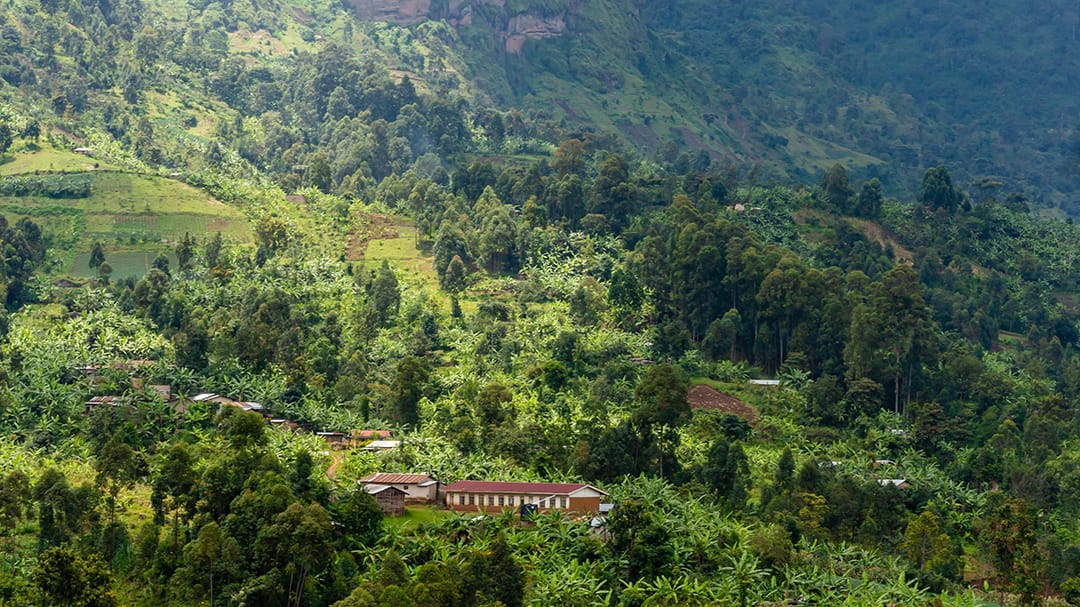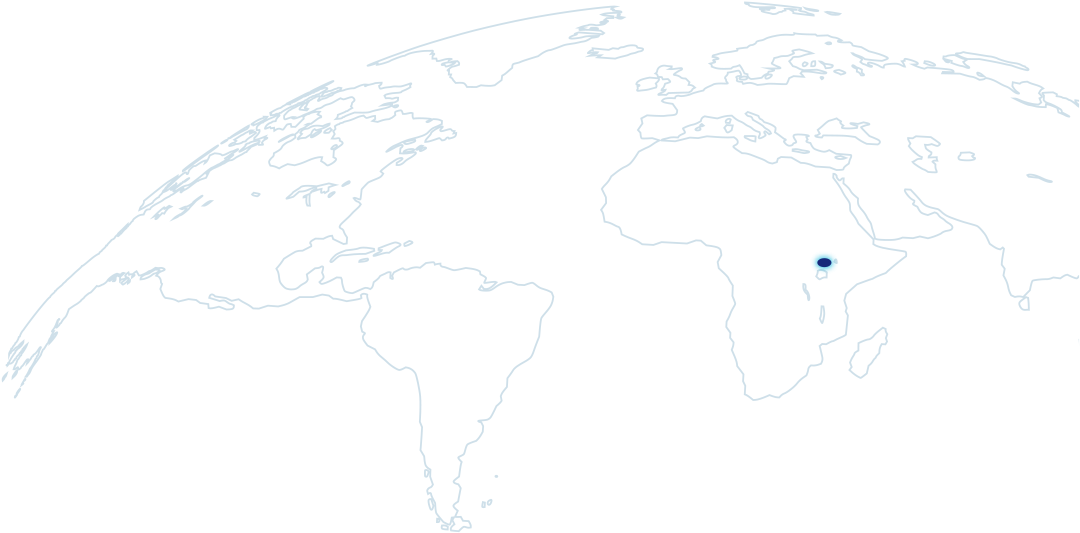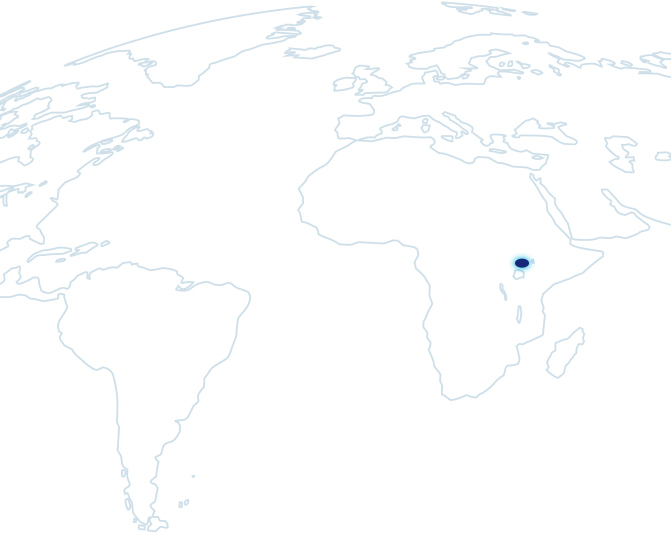



Restoring the Manafwa watershed
2019 - 2023


For decades the Manafwa watershed in Uganda has been a breadbasket for the country as the area has a good climate and fertile volcanic soils for food production. However, the watershed is also one of the most highly populated areas in Uganda with the majority of the people being dependent on agriculture. This population density creates an enormous pressure on the land, often resulting in encroachment on fragile areas and farming on ever steeper slopes and marginal lands. As such, the watershed has become a hotspot of rapid degradation of natural resources. Urgent action is needed to preserve it for future generations.
A consortium of both Ugandan and Dutch organizations, led by Wageningen Environmental Research (WENR), has developed a program in which investing in smallholder farmers living in the watershed is key. WENR teaches farmers to develop their own ‘Plan Integré du Paysan’ (PIP), an integrated farm planning approach, consisting of two drawings for each farmer. One drawing visualizes the current farm situation, the other a desired future situation to be attained in three to four years. Both situations are drawn by all family members together, based on their own aspirations and needs. Creating a PIP together triggers discussion within the family, and creates awareness of their future, including the central role of the land and its resources. This results in a common vision, a tangible action plan, and a change in mindset (more stewardship!).
The project has shown that the farmers trained in the PIP approach became motivated to invest in resilient farming and better land management practices, such as digging and stabilizing trenches to control soil erosion, and using recommended agronomic practices for banana, coffee and onion farming.
Also, the village visions and action plans that were created have shown to be successful. For example, access roads were improved to facilitate marketing of farm products and water, and electricity services were established with support from the local government. As a result, at village level there is evidence of improved livelihoods and stewardship of natural resources.
Given its success in motivating and engaging local communities, the project has also been the inspiration for new projects in Uganda using the PIP approach to build a foundation for sustainable change with local stakeholders.

The project trained 8,974 farmers in creating a PIP for their farm household. The PIP approach was rolled out across 217 villages in the Bududa district, of which nearly all families started implementing their own PIP action plans.
Village visions and action plans were prepared in 38 villages which resulted in collective action to address village priorities and conserve and restore natural resources.
To create environmental awareness in the younger generations, 26 environmental clubs were established in schools in the Manafwa watershed. More than 1,500 pupils received environmental education using the PIP approach whereby they created and implemented integrated school PIP plans.